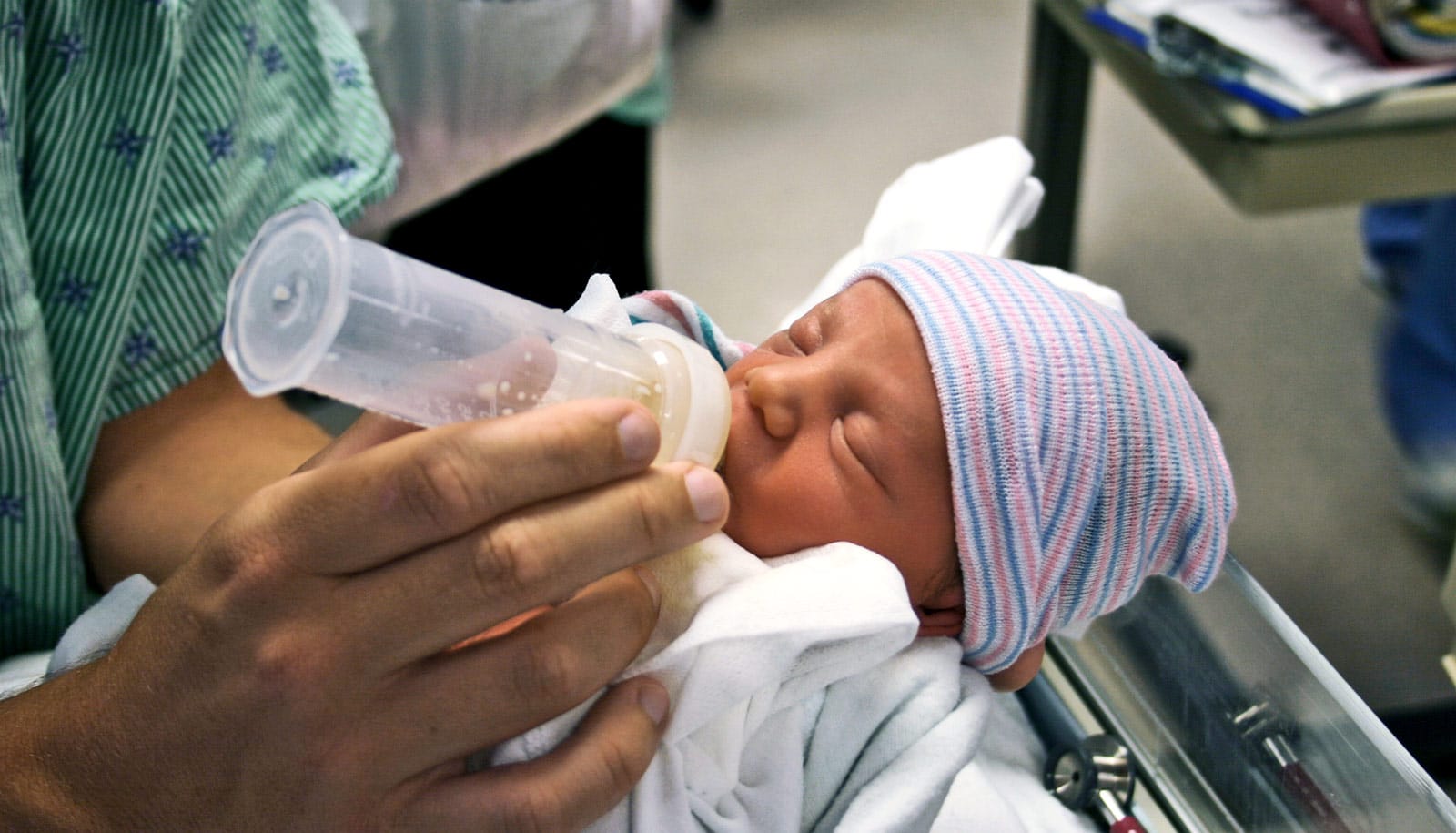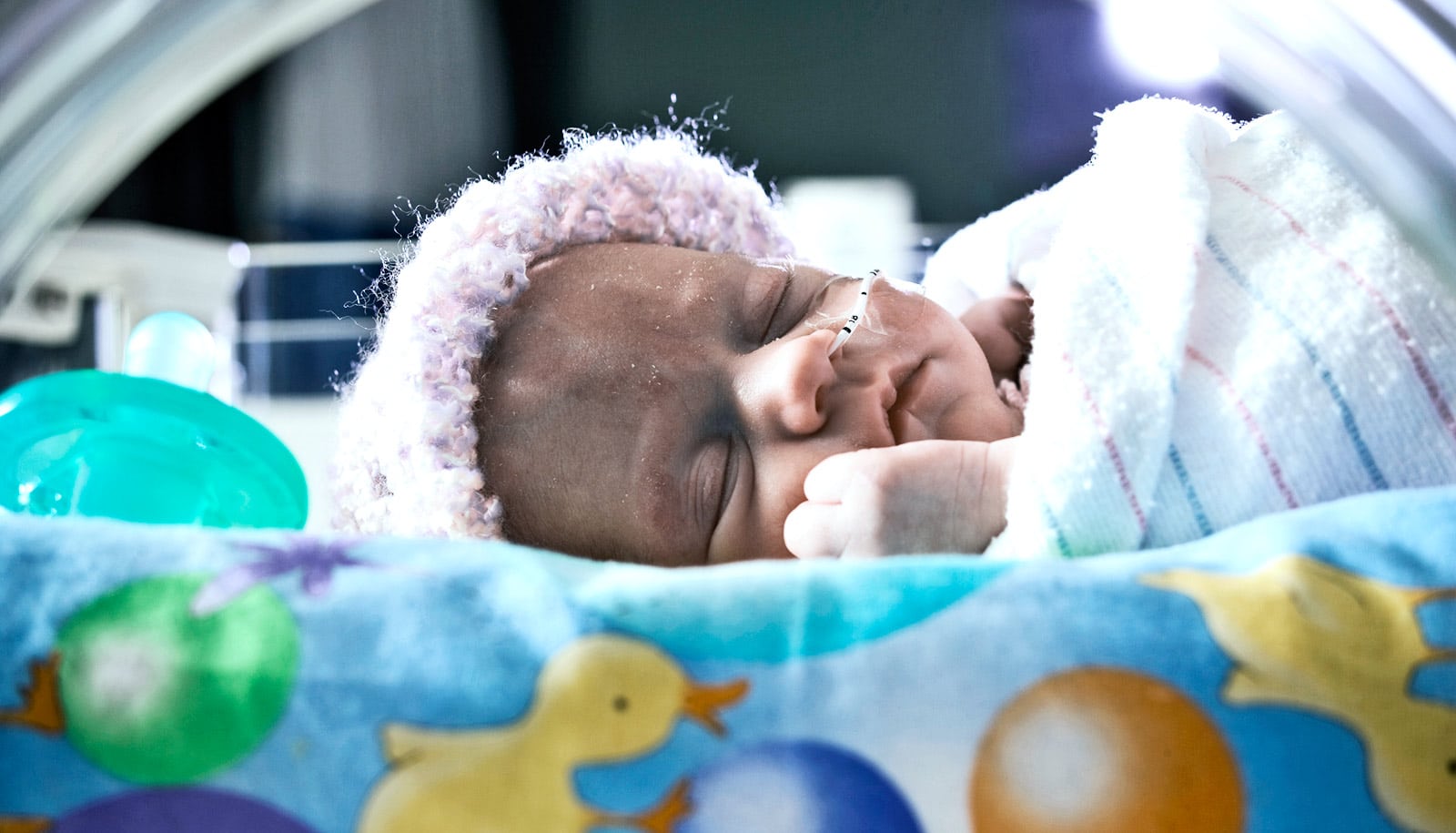Researchers have discovered that a specific gene called Nodal appears to determine when a pregnant woman will go into labor. The finding could offer new ways to prevent preterm births.
Preterm birth (before 37 weeks of pregnancy) is a major global public health problem. Every year, 15 million babies are born prematurely and many will suffer from neurodegenerative disorders, including cerebral palsy, learning disabilities, impaired vision, and behavioral problems.
Premature birth is the leading global cause of death among children less than five years of age. In Canada, about 30,000 premature babies are born each year.
Contract initiation
“Currently there are absolutely no treatments that exist to prevent preterm labor. Now that we have shown that Nodal is involved in regulating the initiation of contractions, this could lead to promising new therapeutic avenues to prevent premature births” says senior author Daniel Dufort, associate professor in the obstetrics and gynecology department at McGill University and lead scientist and member of the Child Health and Human Development Program at the Research Institute of the McGill University Health Centre.
The scientists used data collected between 1999 and 2004 from a cohort of 613 women (424 of whom had given birth at term and 189 at an early stage) in four hospitals in the greater Montreal area. They analyzed associations between variations of the Nodal gene and two potential risk factors for prematurity: bacterial vaginosis (a common vaginal infection) and inflammation of the placenta.
“We started to correlate the data and found that mothers who had placental inflammation or bacterial vaginosis and who also presented variations on the Nodal gene were at higher risk of premature delivery,” says Lisa Starr, a postdoctoral fellow in Dufort’s laboratory and first author of the paper, which appears in the Journal of Perinatology.
Pro-inflammatory environment
Dufort and colleagues studied the function of Nodal in mice and showed for the first time that when suppressing the gene, delivery occurred two days before term.
“During gestation, the immune system is kept in an anti-inflammatory state, but just before the contractions begin, there is a change that takes place and the environment goes from anti- to pro-inflammatory,” Dufort says.
“We have discovered that the Nodal gene keeps the uterine environment in an anti-inflammatory state by preventing immune system cells from secreting inflammatory factors,” Dufort explains. “So if the Nodal gene is altered or deleted, the milieu changes when it is not supposed to. It becomes pro-inflammatory too early, which induces premature contractions.”
Researchers need to delve deeper into their work to identify the genetic mechanisms associated with the Nodal gene that influence premature labor in humans.
“We are expanding our findings to larger cohorts of patients across Quebec and Ontario,” Dufort says.
Source: McGill University



